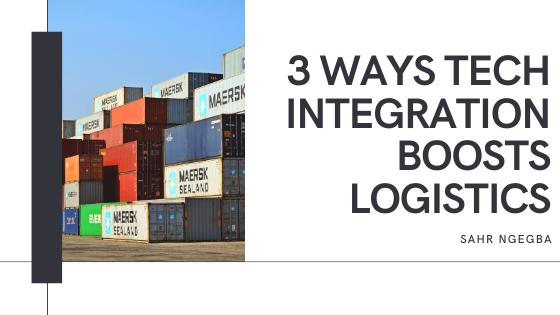Logistics companies depend upon a well-choreographed dance between third-party shipping agents, suppliers, receivers, government regulations and the weather. A convergence of technology mitigates some variables and makes for an efficient dance with optimized outcomes. Technology convergence, powered by tech integration, is set to improve the logistics industry. Here are three ways you can expect to see its impact.
Collaborative Customization
Manufacturers are looking to meet consumer demand for customized, personalized products. For instance, Adidas is offering consumers the opportunity to design their own pair of sneakers. As the consumer chooses design options, 3-D printers and automated systems get to work on building the shoe. The shoe is then shipped directly to the consumer. As one analyst put it, “[customization is] a mash-up of retail, manufacturing and logistics. Executing something like this will require a well-coordinated and synchronized collection of partners and systems.”
In other words, logistics companies will have to partner directly with retailers and manufacturers as each party converges on the same data to deliver customized products to consumers. To do this, all parties must use well-coordinated, integrated systems.
Integrated Platform Savings and Performance
Last-mile delivery improvements are a constant source of competition between various carriers. Some carriers rely on integrated networks with partners while others pursue self-driven hybrid options. For example, FedEx has separate ground and air delivery networks. Past efforts to combine FedEx Ground and FedAir have fallen through. According to logistics analysts, the failure to successfully integrate air and ground delivery is partially due to “different service requirements for Express and Ground.”
UPS has seen greater savings and improved performance due to integrated networks that include third-parties. In UPS’s case, third-party integration with the United States Postal Service has optimized the best practices of both parties, which in turn benefits the consumer.
Flexible Options
Your business may not require global shipping partners. It may not require multiple suppliers that cater to on-call customization. But, your business might benefit from those options in the future. Tech integration allows businesses to scale up and scale back as needed. Many integrated software packages include flexible options that work at a hyper-local as well as a global scale.
As manufacturers explore the possibilities created by tech convergence, logistics companies can keep pace with their partners by choosing integrated technology. Multiple players require multiple options. Plan on scaling to multi-channel platforms now, because the future is here.

